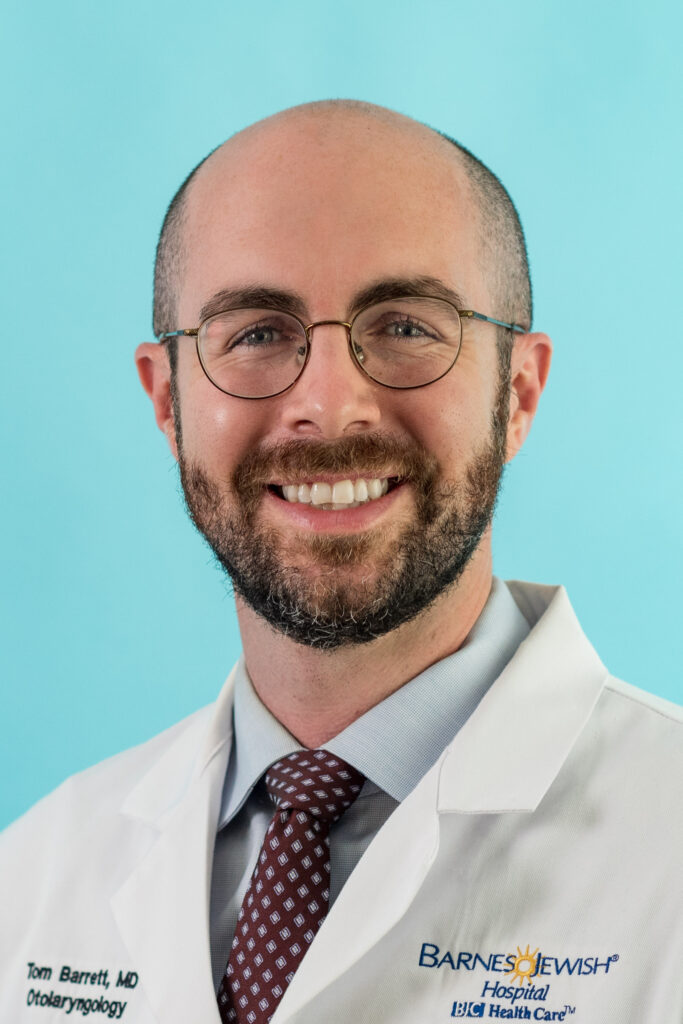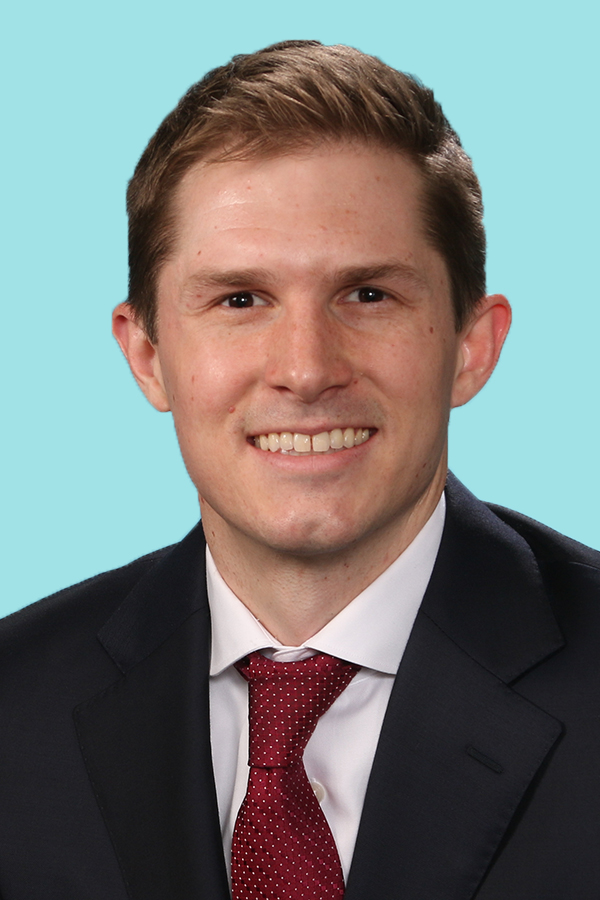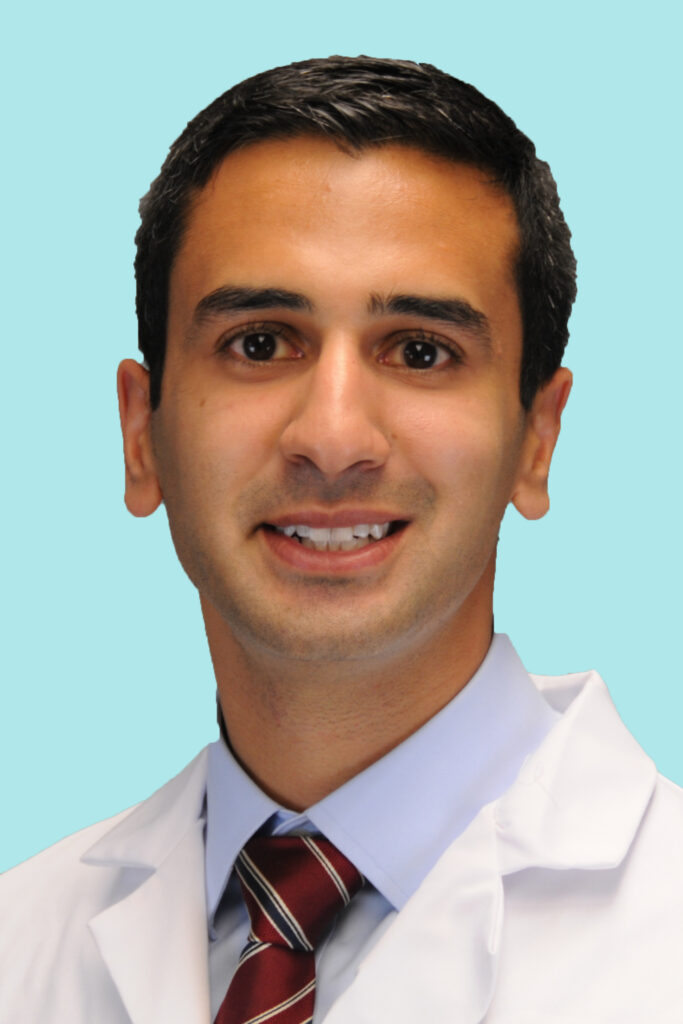Otolaryngology Chief Residents applying for surgical fellowships have matched with outstanding programs across the country. We asked each about their match; what was important to them in ranking fellowship sites; and what they were most looking forward to in this next stage of their training. Please join us in congratulating them in advancing toward this next step in their careers.

Tom Barrett, MD
Fellowship match?
Head and Neck Oncology-Microvascular Reconstructive Surgery Fellowship Program at The Mount Sinai Health System in New York City
What features were important to you in selecting a fellowship program?
I was looking for a program with outstanding mentors, good surgical volume, complex cases and a variety of reconstructive cases, and a robust transoral robotic surgery (TORS) experience.
What are you most looking forward to in your new position?
I’m looking forward to the continued development of the skills that will lay a foundation for my career as a head and neck surgical oncologist and reconstructive surgeon.

Dan Lander, MD, MSCI
Fellowship match?
I will be doing a fellowship in Head and Neck Surgery & Microvascular Reconstruction at the University of Kansas Medical Center.
What features were important to you in selecting a fellowship program?
Most important to me in selecting a fellowship program were strong faculty mentorship and ample clinical volumes in transoral robotic surgery and microvascular reconstruction.
What are you most looking forward to in your new position?
I am most looking forward to having an entire year to focus on head and neck oncologic surgery and to expanding my teaching role in an academic program.

Amit Walia, MD, MSCI
Fellowship match?
I will be pursuing a subspecialty in neurotology, and I’m excited to share that I will continue my training in neurotology right here at WashU Medicine.
What features were important to you in selecting a fellowship program?
I prioritized finding a program that offered comprehensive clinical training, particularly with extensive exposure to lateral skull base cases using a variety of surgical approaches. Equally important to me was a strong emphasis on research and a robust mentorship culture. I sought a program that seamlessly integrated these components to support both my professional growth and academic aspirations.
What are you most looking forward to in your new position?
I am most excited to deepen my expertise in lateral skull base surgery by learning from the exceptional neurotologists here at WashU. I am also looking forward to building on the research experience I developed during my T32 residency as a way of continuing to contribute to the field.
